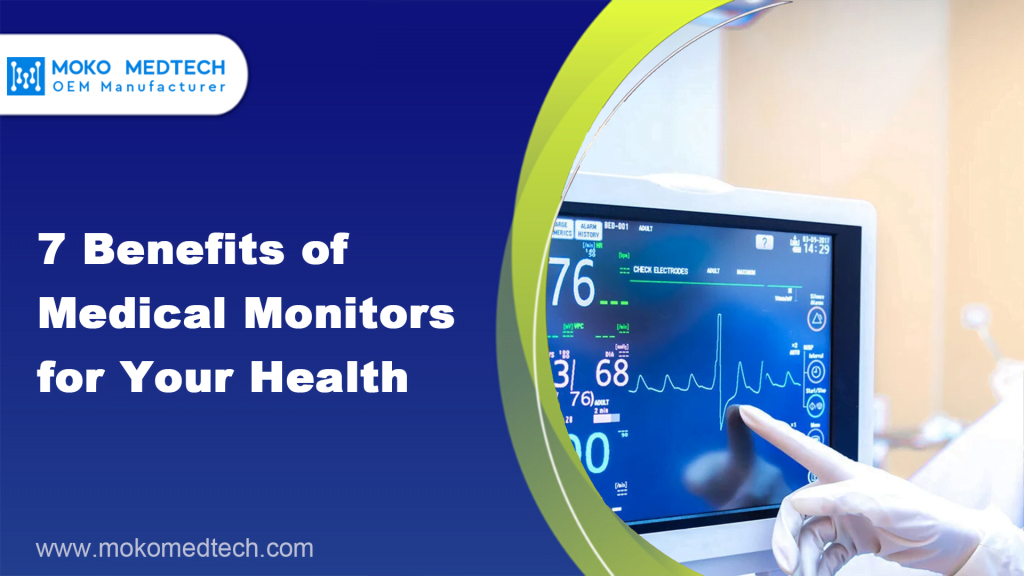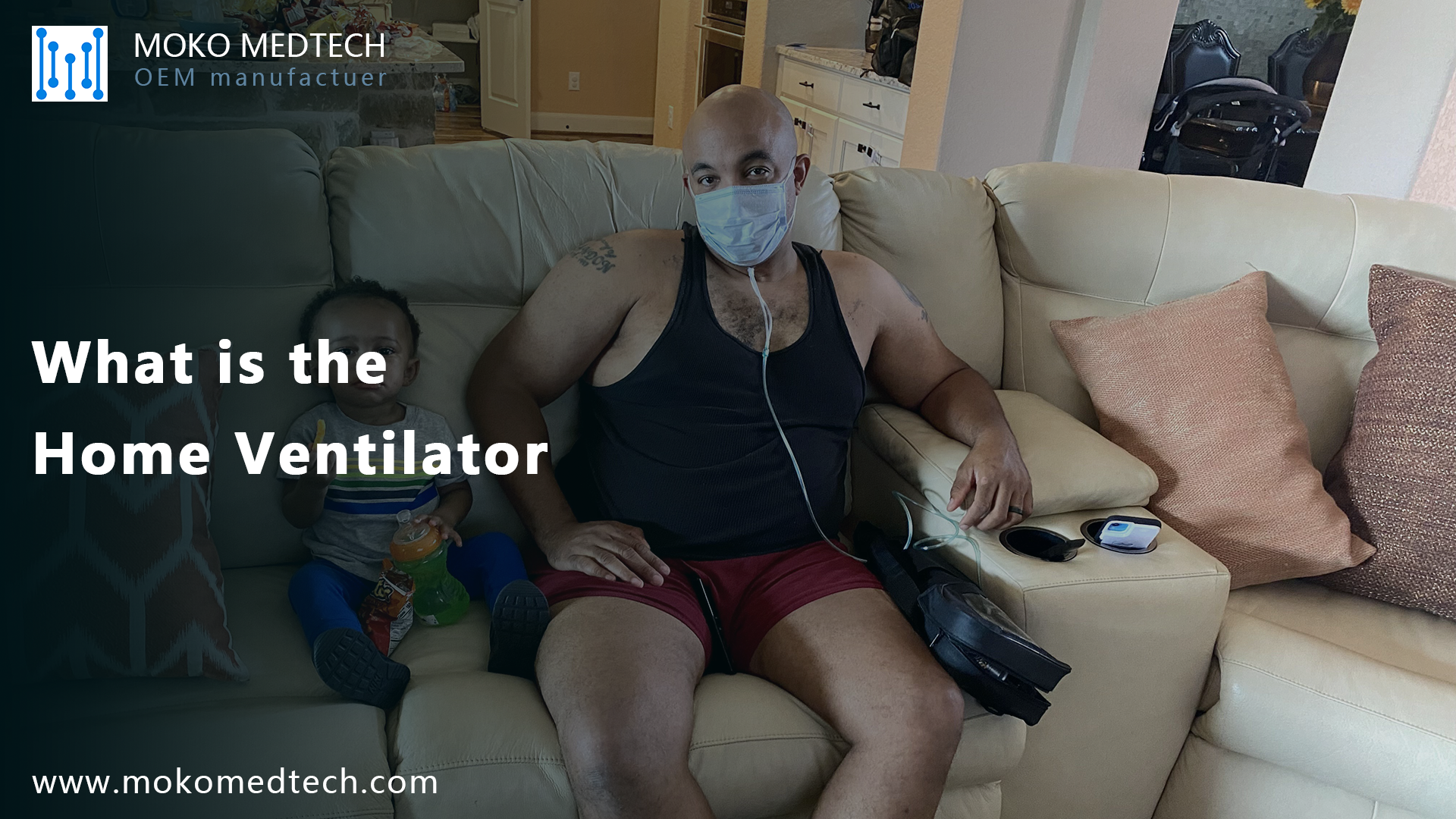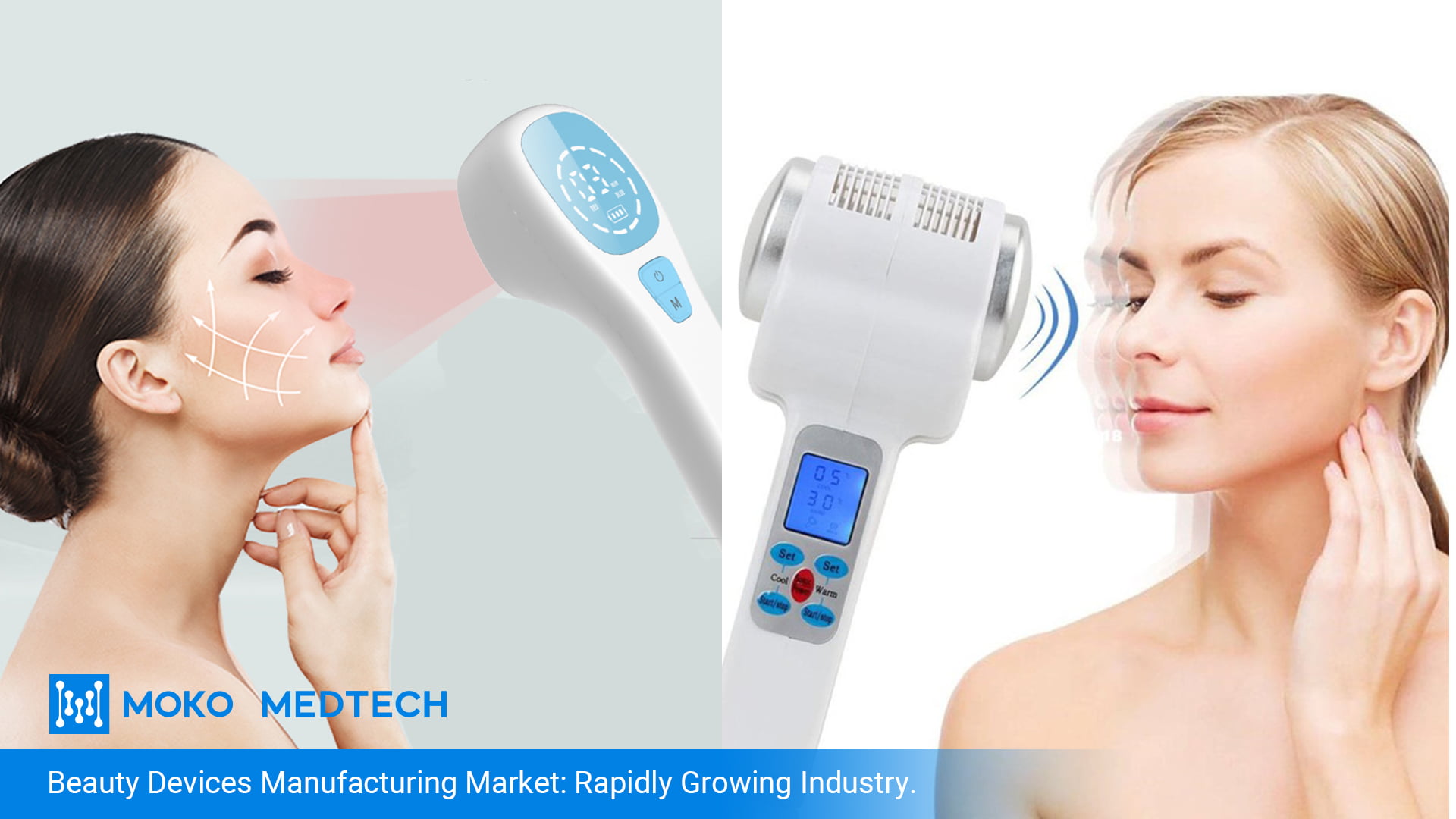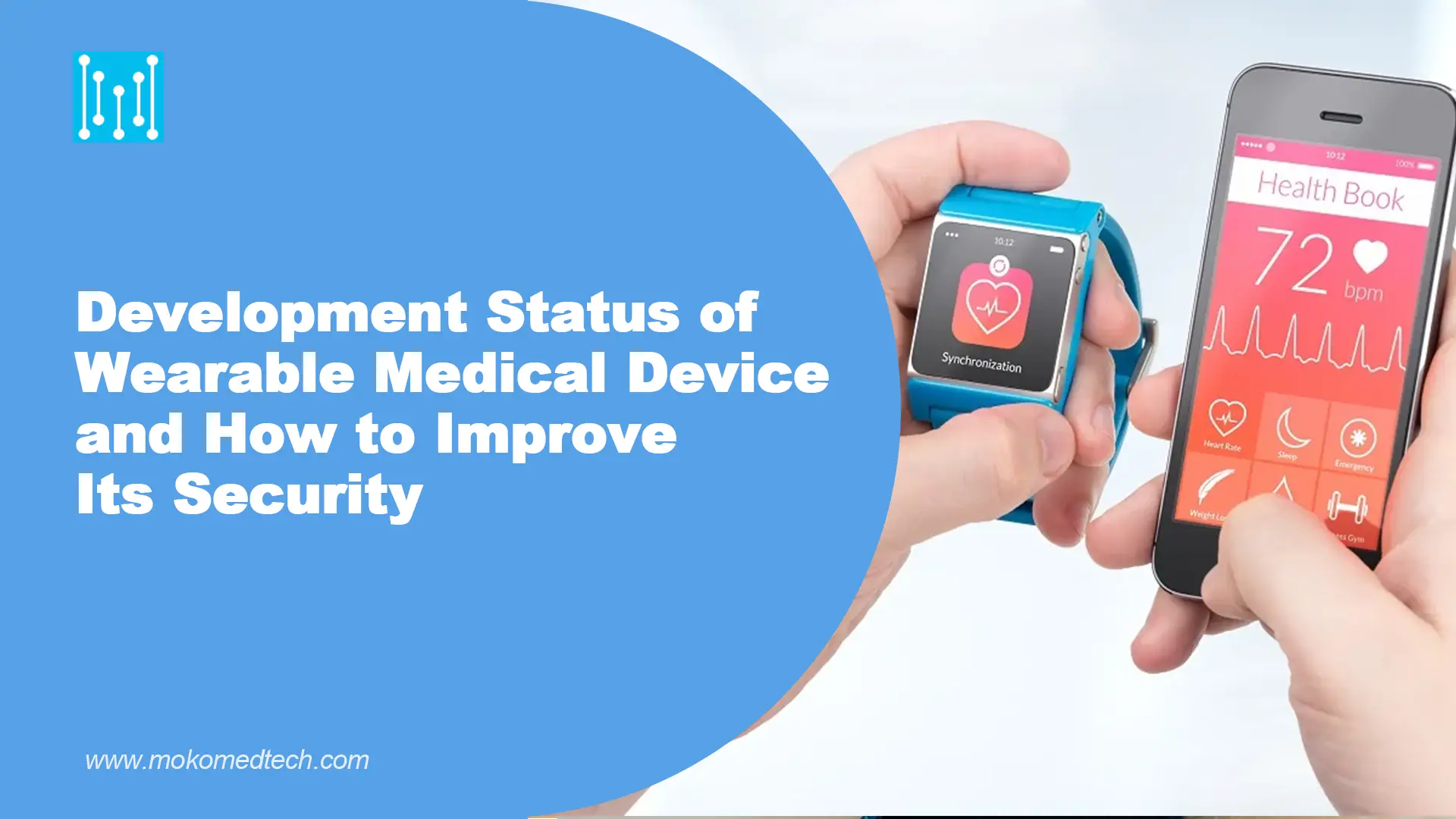Health is a fundamental aspect of our well-being, and monitoring our health is essential to maintaining a healthy lifestyle. Medical monitors have become increasingly popular in recent years. They allow individuals to track and monitor their health in real-time. These devices can improve our health in many ways, and in this article, we’ll explore 7 of these ways and their benefits, from preventing health problems to reducing healthcare costs. And show how medical monitoring devices can be a valuable tool for anyone looking to improve their health.
I. Brief Introduction of Medical Monitors
1. What are medical monitors and their purpose?
Medical monitors are electronic devices that are used to monitor and record various physiological parameters of a patient or individual. These physiological parameters include blood pressure, heart rate, blood glucose levels, blood oxygen saturation, and body temperature. Typically these devices are designed to collect and record data and provide healthcare professionals with real-time and continuous information about a patient’s health status.
The purpose of medical monitoring devices is to help healthcare providers diagnose and manage medical conditions effectively. They allow doctors to track changes in a patient’s health over time, and adjust treatment plans accordingly. Also, they are used to help prevent medical emergencies by detecting problems early. Medical monitoring devices can be used in various settings, such as hospitals, clinics, homes, and ambulances, depending on the type and severity of the condition being monitored.
(Learn more about medical monitors>>)
2. Importance of monitoring one’s health
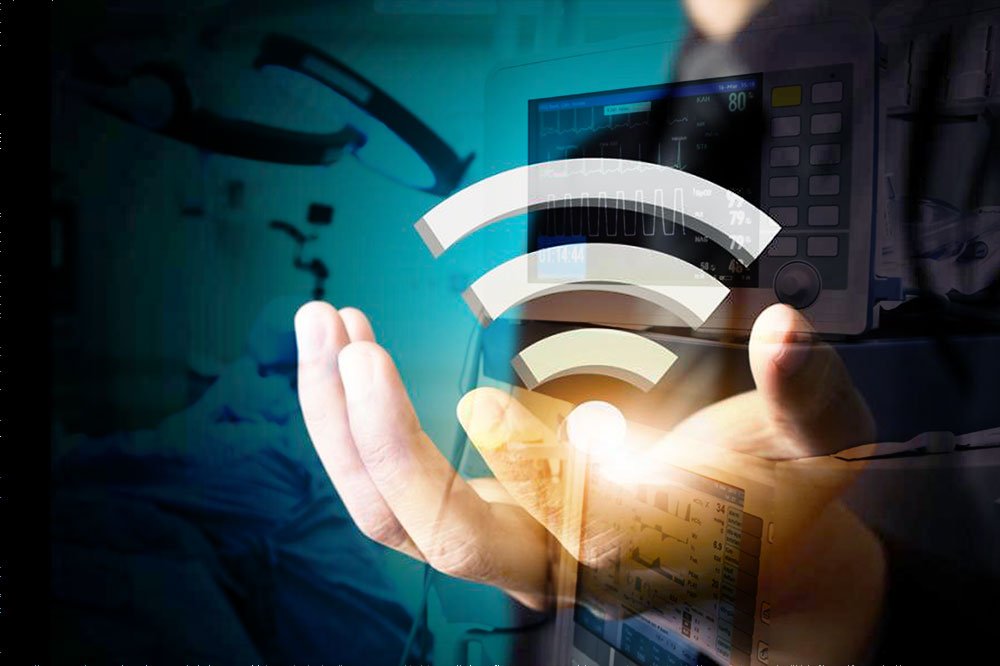
Regular monitoring of personal health is an important means of protecting health. Some people who thought they were healthy have developed kidney failure when they were found to be ill. Some people who thought they were not ill have been found to have liver cirrhosis. And some hepatitis-B patients may be found to have very high transaminases and are in the infectious stage and urgently need to be hospitalized. There are many more such instances. If regular monitoring is done, potential pathogenic factors, early lesions, or functional abnormalities can be detected in time for early detection and early treatment. Monitoring your health is important for the early detection of health issues, better disease management, prevention of chronic diseases, and improved quality of life.
Early detection of health issues: By monitoring your health regularly, you can identify any potential health problems before they become more serious. This can help you to get the necessary treatment or make lifestyle changes to prevent further complications.
Better disease management: For those with a health condition, monitoring your health can help you manage your condition better. By keeping track of your symptoms, you can identify patterns and adjust your treatment plan.
Prevention of chronic diseases: Many chronic diseases such as diabetes, heart disease, and cancer can be prevented or delayed by making healthy lifestyle choices. Monitoring your health can help you identify areas where you may need to make changes to reduce your risk of these diseases.
Improved quality of life: When you monitor your health, you can take a proactive approach to your well-being. This can help you to feel more in control of your health, which can lead to better overall health and well-being.
II. How Medical Monitors Can Improve Your Health
1. Preventative Health Measures
Early detection and monitoring of health conditions: Medical monitoring devices, such as blood pressure monitors, glucose meters, and EKG monitors, can help you detect the changes in the body and identify potential health risks. Early detection of disease risks allows you to take appropriate preventive measures. For example, you can adjust your diet, increase exercise, and take medication, so as to avoid the occurrence and further deterioration of diseases.
Improve treatment effectiveness: Medical monitoring devices can monitor the physiological indicators of patients during treatment, like blood pressure, blood sugar, heart rate, etc. It helps doctors understand the effectiveness of treatment and adjust the treatment plan in time to improve treatment effectiveness. In addition, medical monitors can also provide patients’ health data to help doctors better understand patients’ health status and develop more scientific treatment plans.
Promote self-management: By using medical monitors, patients can better understand their health conditions and grasp their health data, thus promoting self-management. Patients can adjust their behavior in terms of diet, exercise, and medication use based on the monitoring results to improve their health status. In addition, medical monitoring devices can also provide health tips and advice to help patients better manage their health.
2. Improve Health Management
Improved medication adherence: Medical monitoring devices can help individuals stay on track with their medications, ensuring that they are taking the right medications at the right times.
Improve health awareness: Health monitors can help people better understand their health status and promote health awareness. Based on the monitoring results, people can make more scientific and reasonable diet plans, exercise plans, etc., so that they can better manage their health.
Better communication with doctors: Monitoring devices can help people better communicate with their doctors. They can provide personalized health data to their doctors so that they can better understand their health status and make more scientific and reasonable treatment plans. In addition, doctors can also make suggestions and tips based on the monitoring results to help people better manage their health.
3. Change Lifestyle
Encourages healthier habits, such as exercise and nutrition: Medical monitors can track physical activity and food intake, providing individuals with important feedback on their habits and encouraging them to make healthier choices.
Provides feedback and motivation to reach fitness goals: By tracking physical activity and other health metrics, medical monitoring devices can provide individuals with feedback and motivation to reach their fitness goals.
Supports behavior change and self-management: Medical monitoring devices can help individuals establish and maintain healthy habits, supporting them in their journey towards better health.
4. Offer You Peace of Mind
Provides a sense of security and reassurance for individuals with chronic conditions: They can provide individuals with a sense of security, as they can monitor their health conditions and alert them to potential issues. They can provide individuals with a sense of security, as they can monitor their health conditions and alert them to potential issues.
Reduces anxiety and stress related to managing health conditions: By providing individuals with important health data and reducing uncertainty around their health, medical monitoring devices can reduce anxiety and stress related to managing health conditions.
Enables a greater sense of independence and self-care: Medical monitoring devices can empower individuals to take control of their health and manage their health conditions independently.
5. Cost-Effective Healthcare
Avoids unnecessary medical visits: Remote monitoring can reduce the need for in-person visits to healthcare providers, which can save time and money for both patients and healthcare providers. Additionally, remote monitoring can allow healthcare providers to intervene quickly if a patient’s health metrics show signs of deterioration, potentially preventing the need for more costly emergency room visits or hospitalizations.
Reduces healthcare costs by managing chronic conditions proactively: By detecting early signs of health conditions and managing them proactively, medical monitoring devices can reduce healthcare costs associated with managing chronic conditions. For example, patients with diabetes can use glucose monitors to track their blood sugar levels and adjust their treatment plans accordingly. This can lead to better health outcomes and reduced healthcare costs, as patients who adhere to treatment plans are less likely to experience complications and require costly interventions. Additionally, medical monitors can provide patients with more personalized feedback and support, motivating them to make healthier choices and stick to their treatment plans.
Supports preventive care measures: Medical monitoring devices can support preventive care measures, helping individuals stay healthy and avoid the need for costly medical interventions. Medical monitors are designed to track vital signs and other health metrics, such as blood pressure, heart rate, and oxygen saturation. By regularly monitoring these metrics, medical monitors can detect health issues early, before they become more serious and require more expensive treatments. This early detection can lead to more effective and less costly interventions, ultimately reducing overall healthcare costs.
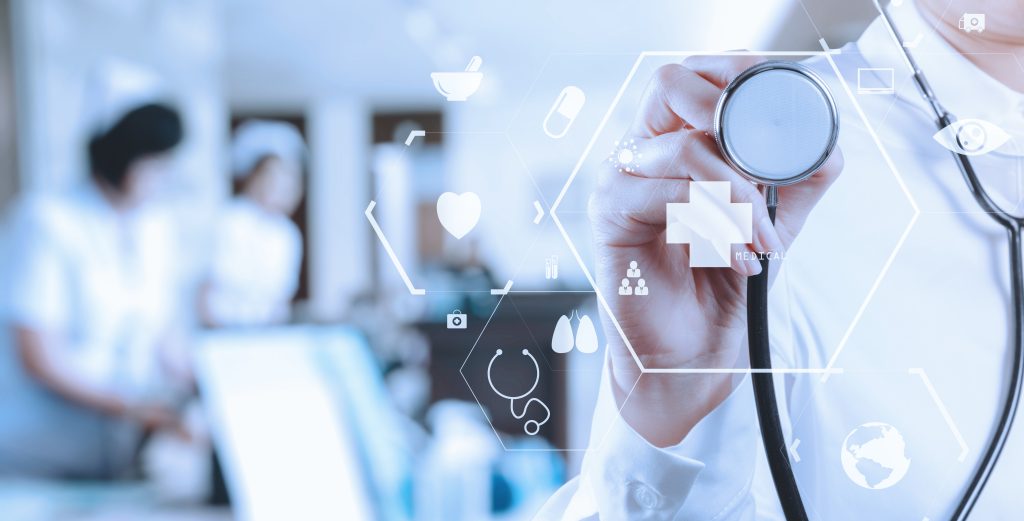
6. Increased Efficiency in Healthcare
Improves patient outcomes and reduces hospital readmission rates: By enabling individuals to manage their health conditions proactively, medical monitoring devices can improve patient outcomes and reduce hospital readmission rates.
Enables healthcare providers to make more informed decisions: By providing healthcare providers with important health data, medical monitoring devices can enable them to make more informed decisions regarding patient care.
Streamlines patient care and reduces healthcare provider workload: By streamlining patient care and reducing the workload of healthcare providers, medical monitoring devices can improve the efficiency of healthcare delivery.
7. Smarter and More Convenient
Integration with mobile devices and smart technology: Medical monitoring devices can be integrated with mobile devices and smart technology, making them more accessible and user-friendly.
Advances in artificial intelligence and machine learning: Medical monitoring devices are incorporating artificial intelligence and machine learning technologies, which can improve their accuracy and effectiveness.
III. What MOKO Can Help You?
MOKOMEDTECH is a leading OEM manufacturer of medical monitoring devices. Our products are designed to provide accurate and reliable monitoring of vital signs and other important health data. We offer a wide range of devices that can be customized to meet the specific needs of our clients.
Our products are used by healthcare providers and patients around the world, and have a proven track record of delivering high-quality results. Whether you need a basic monitoring device for personal use or a more advanced system for clinical applications, MOKOMEDTECH has the expertise and experience to meet your needs.
We are committed to providing exceptional service and support to our clients and work closely with them to ensure that our products meet their exact specifications. Our team of experts is dedicated to delivering innovative solutions that improve patient outcomes and enhance the quality of care.
At MOKOMEDTECH, we are passionate about improving the lives of people through our products and services. Contact us today to learn more about how we can help you achieve your monitoring and healthcare goals.
